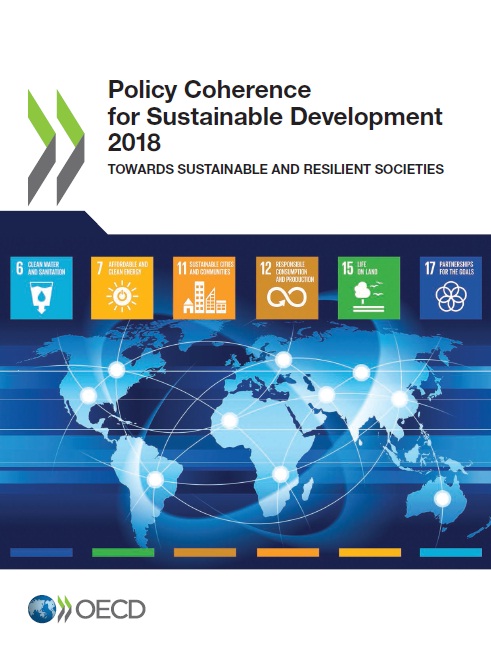Lessons Learned from Applying Network Analysis to SDG 7 on Energy in Sri Lanka in Policy Coherence for Sustainable Development 2018

Towards Sustainable and Resilient Societies - Chapter 4 - Tracking progress in Policy Coherence for Sustainable Development
Description
Agenda 2030 and the Sustainable Development Goals (SDGs) are designed to be indivisible and interconnected amongst various dimensions. While their implementation is a global process, the main responsibility falls upon governments, thus requiring government action to achieve this purpose. Public policies are a central tool for implementation of Agenda 2030, and coherence between public policies will determine their effectiveness. In order to encourage governments and other entities to work towards policy coherence, it is necessary to provide background evidence, tools and processes to assist their efforts.
In Sri Lanka, the Centre for Poverty Analysis (CEPA) and Janathakshan Gte Limited experimented with a framework for studying inter-connectivity and balance using network analysis. The study examined national policies linked to SDG 7 on energy and how they aligned to achieve the objective of ‘clean energy security’.
The study was made possible by the Southern Voice Network and published by OECD